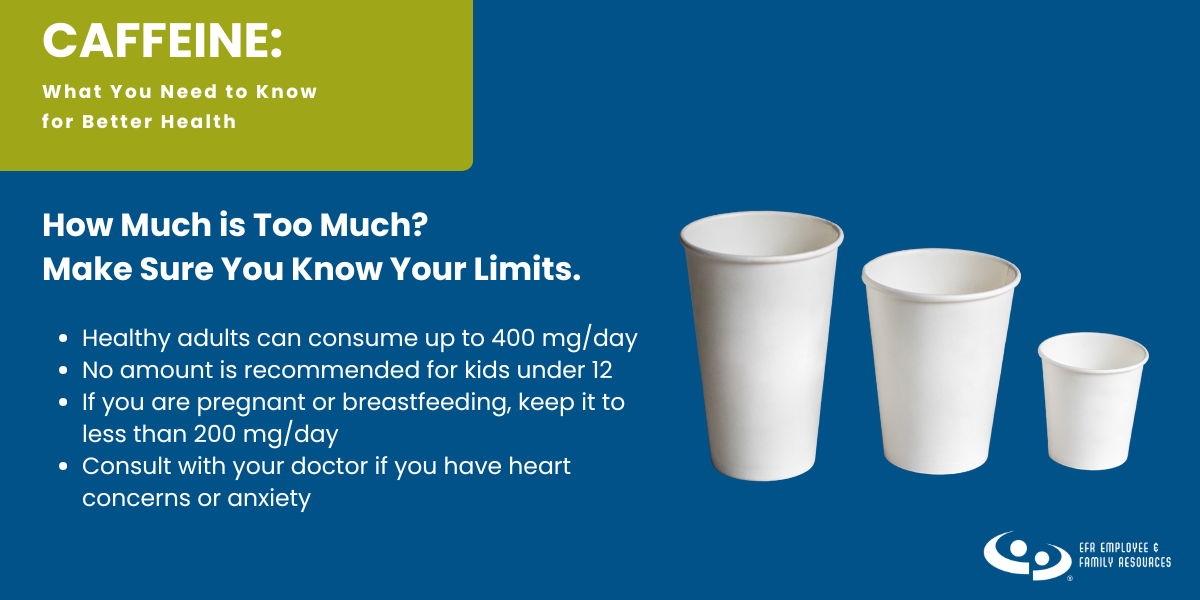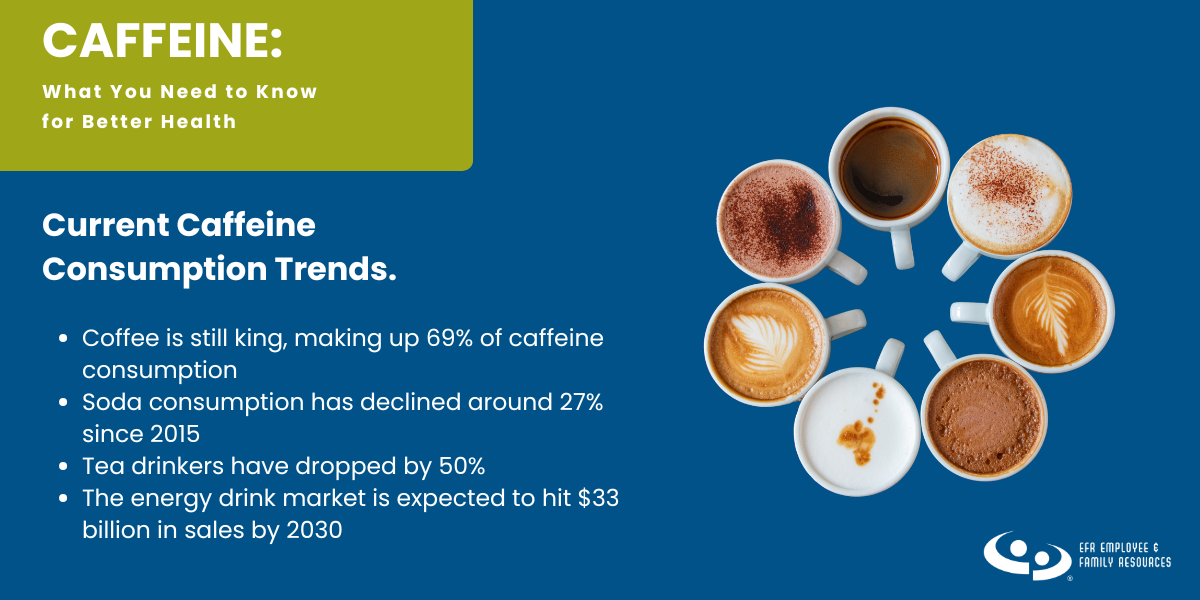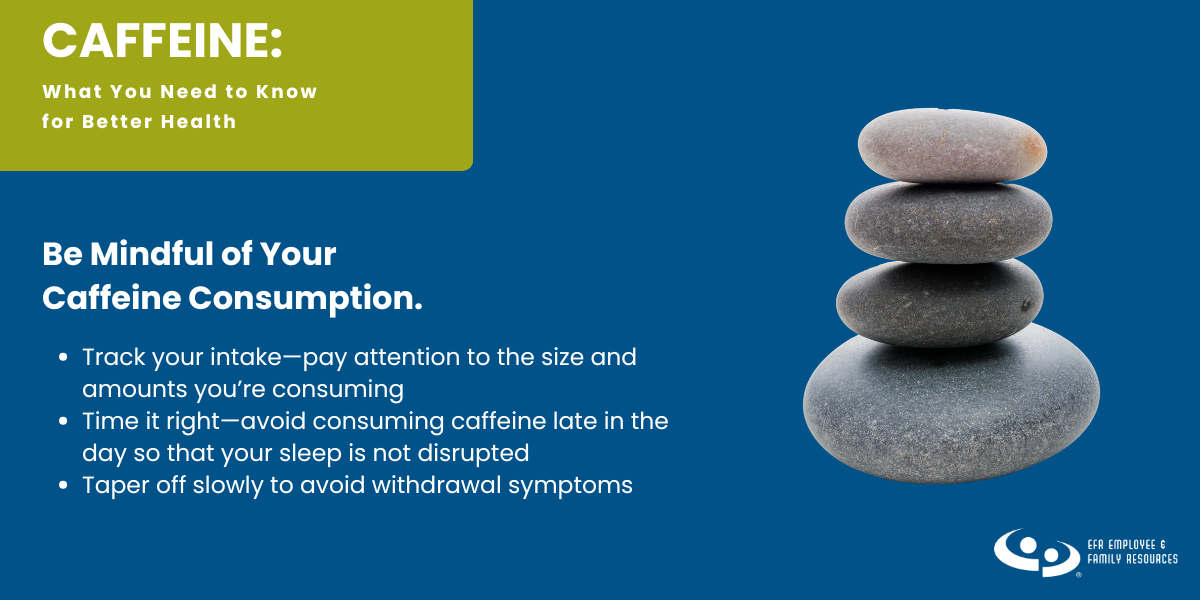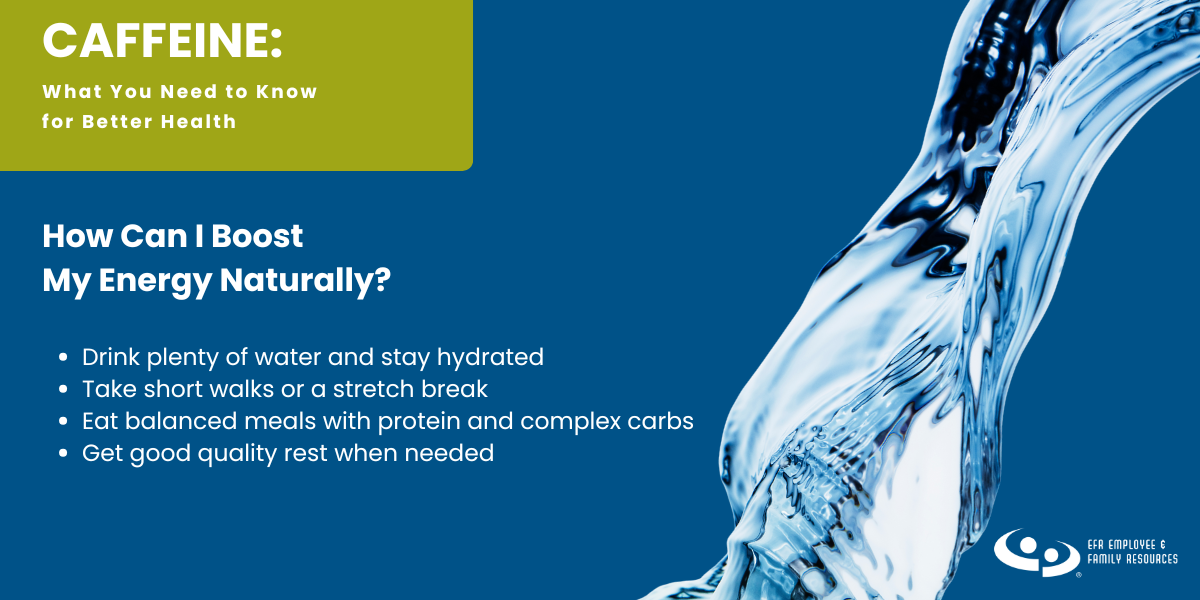During the month of love, give your mental health some TLC!
Mental health is defined by the World Health Organization as, “a state of well-being in which the individual realizes his or her own abilities, can cope with the normal stresses of life, can work productively and fruitfully, and is able to make a contribution to his or her community.” It is estimated that only about 17% of U.S. adults are considered to be in a state of optimal mental health.
Mental illness is a growing problem in America. According to the CDC, by the year 2020, mental illness will be the second leading cause of disability behind heart disease.
Six Changes to Implement to Improve Your Mental Health
Focus on improving your emotional, psychological, and social well-being this month. Here are 6 changes to implement in your life to improve your mental health:
1. Slow down
Take time to relax and do something you love. Whether it’s getting outdoors, picking up your crochet needles or lounging with some popcorn in front of your favorite movie. Take some time to recharge your batteries. You’ll be able to perform your best when you’re fully charged.
2. Stay active
Physical health and mental health go hand and hand. According to the Mental Health Foundation, a short burst of 10 minutes brisk walking increases our mental alertness, energy and positive mood. Exercise every day to blow off steam, relieve stress and release positive endorphins to help you feel happier!
3. Eat well
Good nutrition is key for maintaining well-rounded health. Getting the proper nutrients and minerals our body needs to stay alert and working properly is very important. It has been noted that people who have reported daily mental health problems eat fewer fruit and vegetables than those who do not have daily mental health problems. A poor diet can also lead to headaches, stress, and many more undesirables that add up and weigh us down.
4. Maintain supportive relationships
Friends and family are an important part to keeping us feeling fulfilled and positive. Friendships are key in recovering from emotional health issues and overcoming the isolation that often accompanies such issues. Reach out to that one friend you haven’t seen in a while and grab some coffee. Find someone you can tell your problems to. Positive relationships can help give you perspective and help you see the forest for the trees.
5. Manage your time
Sometimes life’s busy schedule can get the best of us. When everything seems to be crashing down at the same time, make a to-do list and label things from “high priority” to “low priority”. This helps us take one step at a time – simplifying the chaos to keep our brains on task.
6. Get enough sleep
Sleep is probably one of the first things that tends to get dropped from our priorities when life gets hectic. Getting a full night’s sleep rejuvenates our bodies and our minds, allowing us to accomplish tasks more efficiently and effectively. A Harvard University study found that 50-80% of people with mental health problems also have chronic sleep problems. Don’t get in the habit of working late nights! You’ll be able to think a whole lot clearer with 8 hours of sleep behind you.
Above all, we have to take the time to love ourselves. We aren’t doing anyone any favors by running ourselves into the ground. Like the saying goes, “you can’t pour from an empty cup.” If you need someone to talk to about other ways to improve your mental and emotional health, consider a counseling session provided by your EAP.







